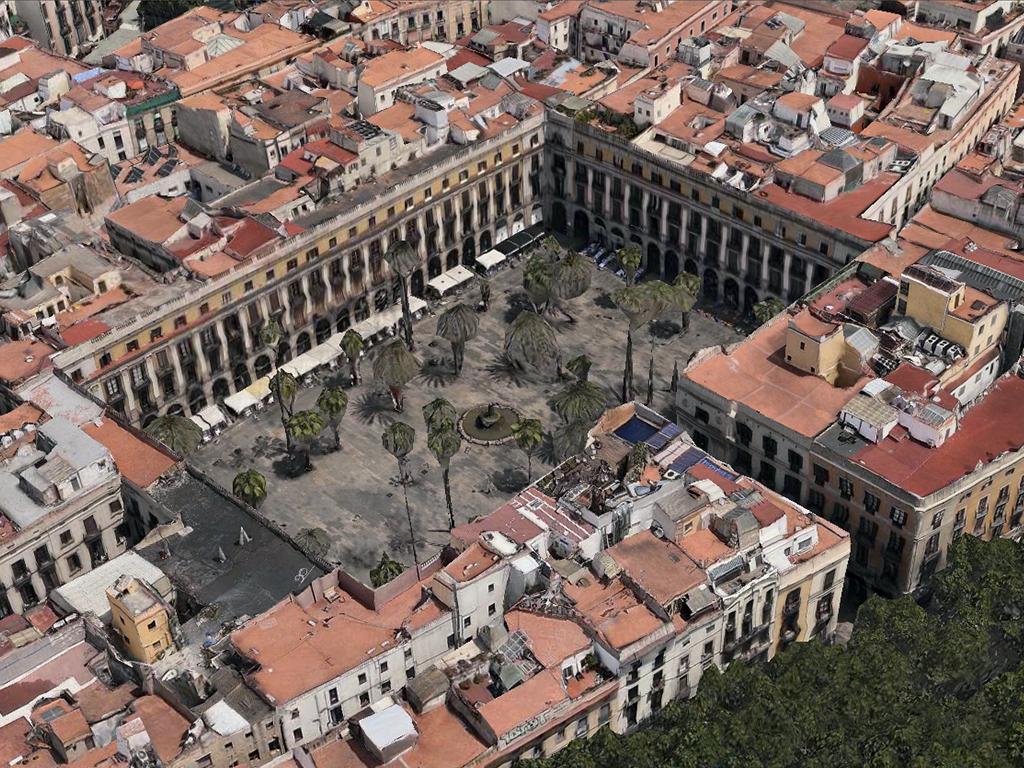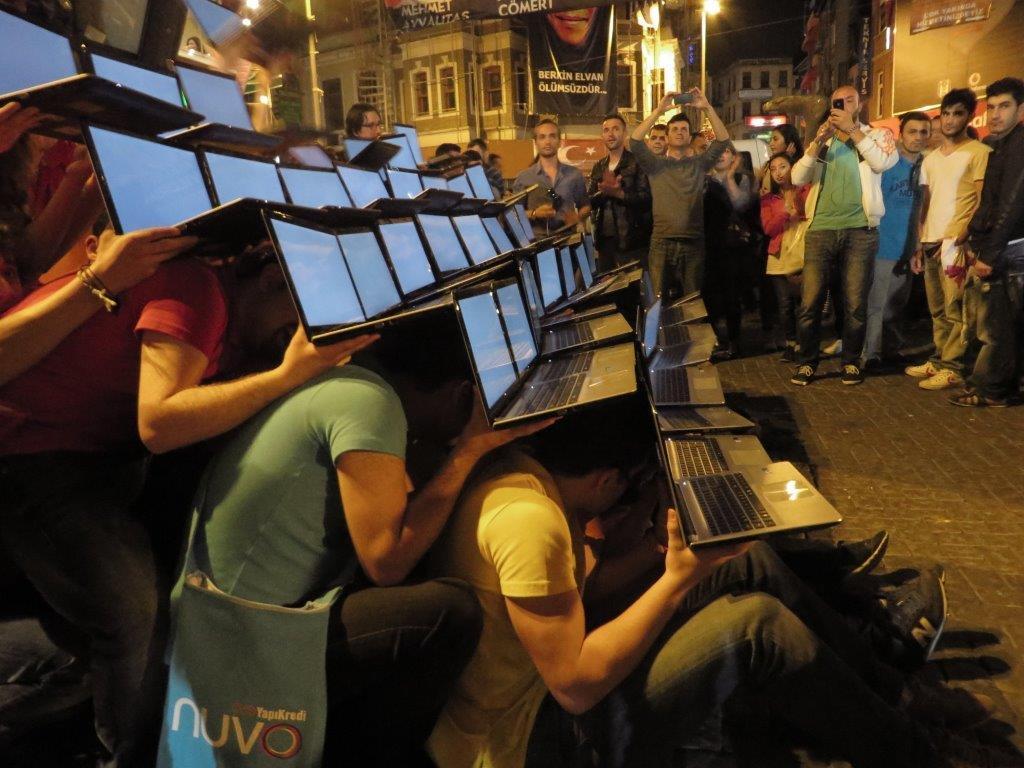While big businesses - IBM, CISCO, Siemens and their likes - aggressively push a top down, plan-and-control driven vision of the Smart City, many city dwellers seem to think differently. Visionaries like Anthony Townsend and Dan Hill point to a more human approach to improving the cities living conditions, that resembles the views put forward by a host of authors in a recent publication on Smart Citizens. Waag, of course, has passionately embraced the latter since its inception almost 20 years ago.
The Smart City Expo World Congress however, an annual gathering in Barcelona sponsored by the companies that want to sell their technologies, is still mainly dominated by the control-room vision. Mayors and consultants of cities like Rio, Mexico, Singapore and Hong Kong gathered and testified of the great advances the technology will bring. Most of them, unfortunately, hardly understand that the expensive systems that are pushed on them will lock their information in silos that will hinder innovations in the long run. Fortunately there are some good examples too. I was particularly impressed by the presentation by the CIO of Chicago. The city has adopted a rigorous and successful open data strategy and nurtures the creativity and entrepreneurship from the bottom up.
A number of initiatives present strive to change the dominant tide. With the help of EU funds, Amsterdam, Barcelona, Helsinki, Manchester and others have pioneered an open approach to solving urban problems. Open Cities has explored implementing Urban Labs, Crowdsourcing & Open Data engagement strategies in local government. Commons for Europe infuses governmental agencies with talented code fellows that bring an agile, web savvy way of working with technology. Furthermore it has helped to make the case for code sharing in Europe Commons. CitySDK developed an open source infrastructure to share real-time data to build urban applications that scale. And Apps for Europe helps developers to make these results sustainable and beneficial to the whole of the EU.
In my presentation ‘civic hacking and the nature of digital social innovation’ I made the case for embracing the smart citizen. After sketching out the problems with the dominant paradigm, I suggested several lines of action for city officials to become smarter in their use of technology to solve the cities problems.
- First: be aware of what’s going on in bottom up and grassroots innovation. In the Digital Social Innovation research we currently conduct with NESTA, FutureEverything, Esade and others, we map the best cases and try to learn from them.
- Second: reframe the ‘problem’ of implementing the smart city as a way of capacity building: helping citizens, entrepreneurs and civil servants to understand and put to use the many technologies that are at hand.
- Third: use the design rules for smarter cities when you design services, laws and procedures that affect the lives in the cities. In fact, those would hold for most of what cities do.
Will this help? Well - yes! In the end, smart cities cannot outsmart their citizens. Over time, governance will change, and the companies that won’t adapt will get bankrupt. However, there is no reason to wait - the alternatives are at hand and the benefits for citizens, companies and society at large are obvious. If you need any help in this - let us know.
Also written by Frank Kresin:
(Top picture showing Plaça Reial in Barcelona, the pictures below typical scenes from the Smart City Expo World Congress).



